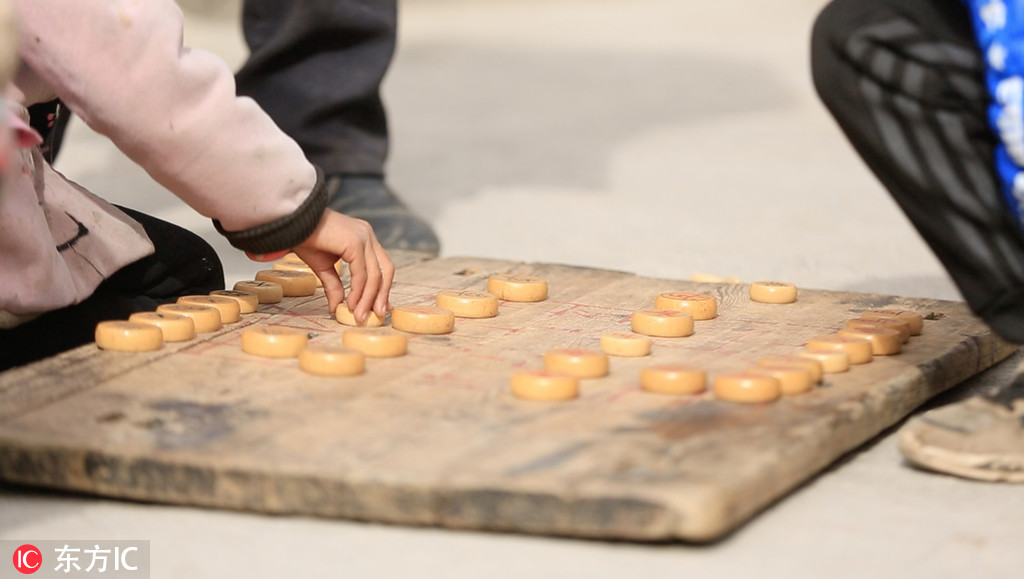“马后炮”本是一个象棋术语,意思是在“马”后面加一颗“炮”,将对方的军(check, put the other player’s king under direct attack)。后来人们用“马后炮”比喻事后采取措施,无济于事;或事情发生后才提出批评或建议,表示自己有先见之明的人(a person who criticizes or suggests alternative courses of action from a position of hindsight after the event in question),也称“事后诸葛亮(second guesser, be wise after the event)”。


例句:
考试都完了,你才说帮我复习功课,这岂不是马后炮吗? You come and offer to help with my lessons only after the examination. Isn’t that a bit too late?
他是个马后炮。 He is a second-guesser.
事后诸葛亮人人都会做。 It is easy to be wise after the event.
马后炮是看热闹不闲事大的一群人;这种人看到同事遇到困难时,为了怕自己纠缠到里面,于是处处躲着不雪送碳,事后却表现出一副关心嘴角脸,大家在遇到这种同事时请赶紧远离,他们不是自己值得交的人群。


